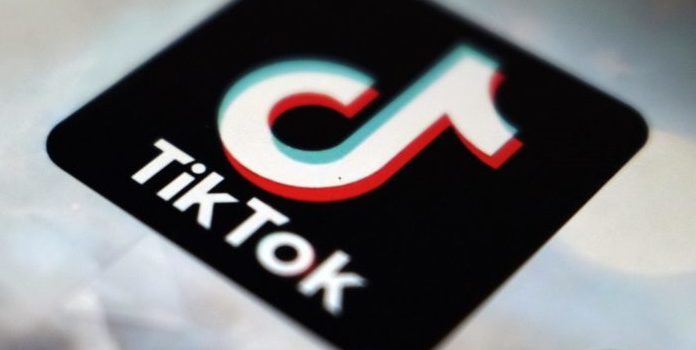(Molly Bruns, Headline USA) According to a public filing, former Rep. Joe Crowley, D-N.Y., made $70,000 as a lobbyist for TikTok in the first quarter of 2023.
The representative served as a high ranking chair of the House Democratic Caucus, where he also worked as a lobbyist for TikTok. Crowley represented the video platform under a firm known as Dentons LLP, according to a Congressional disclosure required by the Lobbying Disclosure Act.
Former Republican Rep. Jeff Denham of California also filed as a lobbyist for the foreign tech company, the Daily Caller reported.
TikTok, owned by Chinese company ByteDance, faced criticism for suspected invasion of Americans’ data privacy. Company officials were grilled in a round of Congressional hearings, after which several GOP congressmen attempted to ban the app altogether.
Crowley acted as a lobbyist for the company throughout the course of the hearings. Reports indicated that he arranged introductions for the company’s CEO, Shou Zi Chew, with high-level Democrats prior to the hearings in preparation.
ByteDance has several political figures on their payroll and even advertises in the Washington D.C. Metropolitan Transportation Authority subway lines, Politico Playbook and in congressionally-focused newspaper The Hill in order to maintain sway over America’s capitol.
The platform has over 150 million accounts in the United States.
Despite its best attempts to rid the country of TikTok, the GOP has been largely unsuccessful on the national level. Critics slammed the initial bill, titled the “RESTRICT Act,” as an ill-advised effort that would end the remaining internet freedom and privacy that still exists.
“If the RESTRICT Act becomes the RESTRICT law, any site that refuses to cooperate with future efforts by the US government to suppress certain stories and individuals on social media could find itself accused of working to advance the ‘strategic objectives of a foreign adversary,’” said retired GOP congressman Ron Paul.
Sitting Republicans switched gears, instead aiming to ban members of Congress from using the app on the grounds of concern for national security and privacy.
Government officials are mainly concerned with the location of the platform’s primary servers, which are located in China. The country’s national security law also requires all Chinese companies yield any collected data to the Chinese Communist Party.

